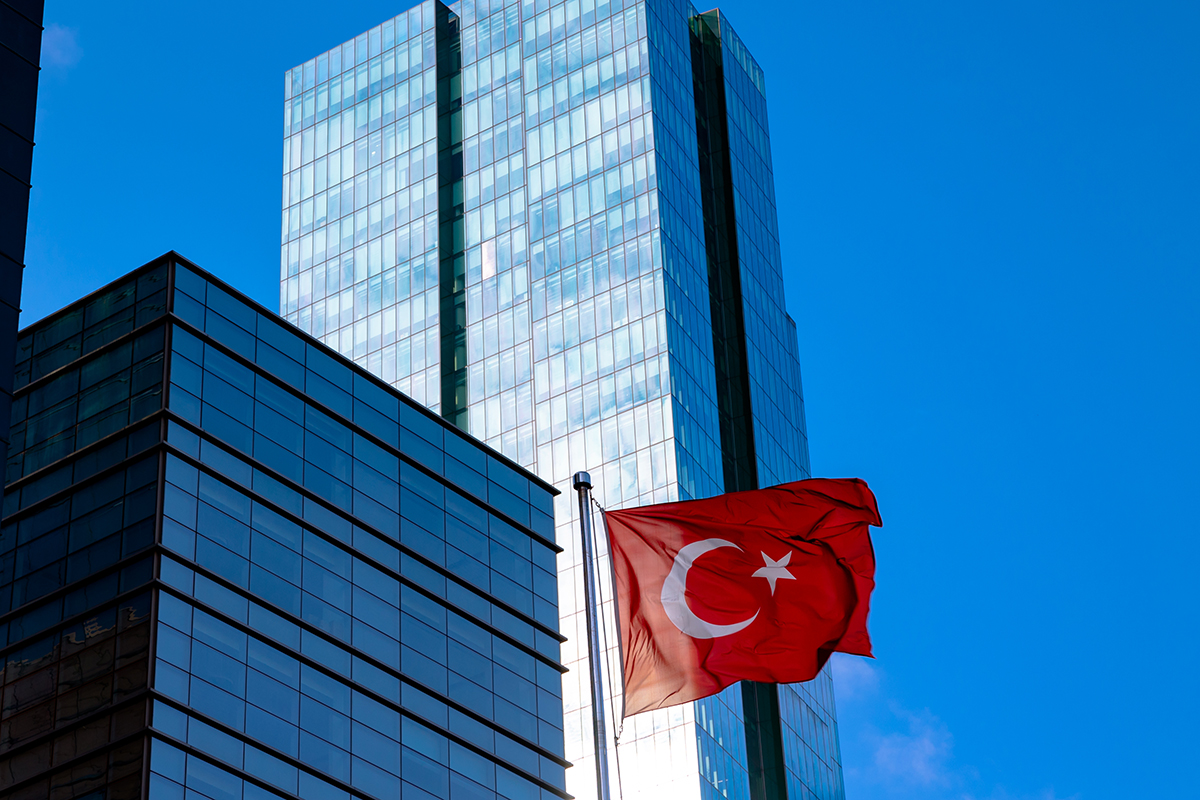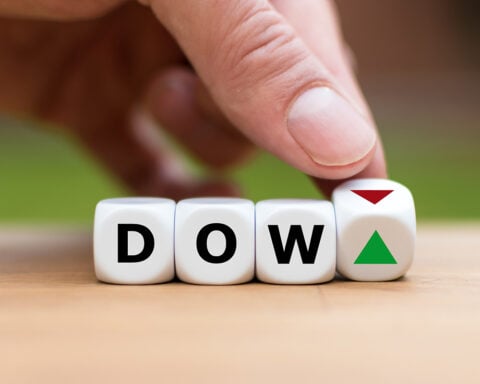In a significant policy reversal, Turkey’s central bank has raised interest rates to 15%, almost doubling the previous rate. This bold move aims to combat the country’s persistently high inflation, which, despite showing signs of improvement, remains a cause for concern. President Recep Tayyip Erdogan’s recent reelection and the appointment of a new governor have brought a glimmer of hope for economic stability. However, investors remain cautious, mindful of Erdogan’s track record of dismissing central bank governors who implement rate hikes.
Tackling Inflation: A Necessary Shift in Policy
Turkey’s central bank’s decision to increase interest rates marks the first such move in over two years. The country has been grappling with annual consumer price inflation, which, though down from the peak of 85.5% in October, still stood at a troubling 39.6% in May. The bank acknowledged indications of rising underlying inflation, especially when compared to global trends. The statement highlighted domestic demand, cost pressures, and persistent services inflation as the primary driving forces behind this shift.
Realigning Economic Policy
President Erdogan, who had repeatedly ordered rate cuts in the past, has now expressed a commitment to normalize Turkish economic policy. The appointment of Hafize Gaye Erkan as the first female governor of the central bank and Mehmet Simsek, an economist with a wealth of experience, as the finance minister, signifies a more orthodox approach to economic decision-making. However, skepticism lingers among investors due to Erdogan’s history of dismissing governors who prioritize raising rates.
Positive Signs and Gradual Adjustments
Capital Economics, a London-based research firm, views the rate hike as an encouraging step and predicts further increases, potentially reaching 30% later this year. The central bank’s intention to bring down inflation swiftly and achieve a significant improvement in the inflation outlook is evident. This commitment to gradual adjustments may help stabilize the Turkish economy, ease the cost-of-living crisis, and restore investor confidence.
Economic Turmoil and the Weakening Lira
Erdogan’s previous policy of consistently cutting interest rates since late 2021 resulted in the depreciation of the Turkish lira by 170% against the US dollar. The weakened currency exacerbated the cost-of-living crisis, increasing the prices of foreign imports. In an attempt to shore up the lira’s value, the government expended billions of foreign currency reserves. The rate hike news, however, has caused the lira to weaken even further, reaching a new record low of 24 against the US dollar.
Cautious Investor Sentiment
Despite the central bank’s rate hike, investors remain watchful, aware of the uncertainties surrounding President Erdogan’s stance on monetary policy. The fact that the rate increase fell at the lower end of market forecasts suggests the need for continued vigilance. Craig Erlam, senior market analyst at Oanda, emphasized the lingering unease among investors as long as Erdogan holds the presidency, given his track record of removing central bank governors who raise rates.
Navigating Challenges and Striving for Sustainable Growth
Turkey’s decision to raise interest rates represents a significant shift in policy as the country strives to combat persistently high inflation. With the appointment of a new governor and finance minister, President Erdogan aims to instill confidence in investors and pursue a more orthodox economic approach. However, the cautious investor sentiment reflects concerns about the president’s historical interventions in monetary policy. As the Turkish economy navigates these challenges, gradual adjustments and a steadfast commitment to curbing inflation will be crucial for sustainable growth and stability in the long run.







